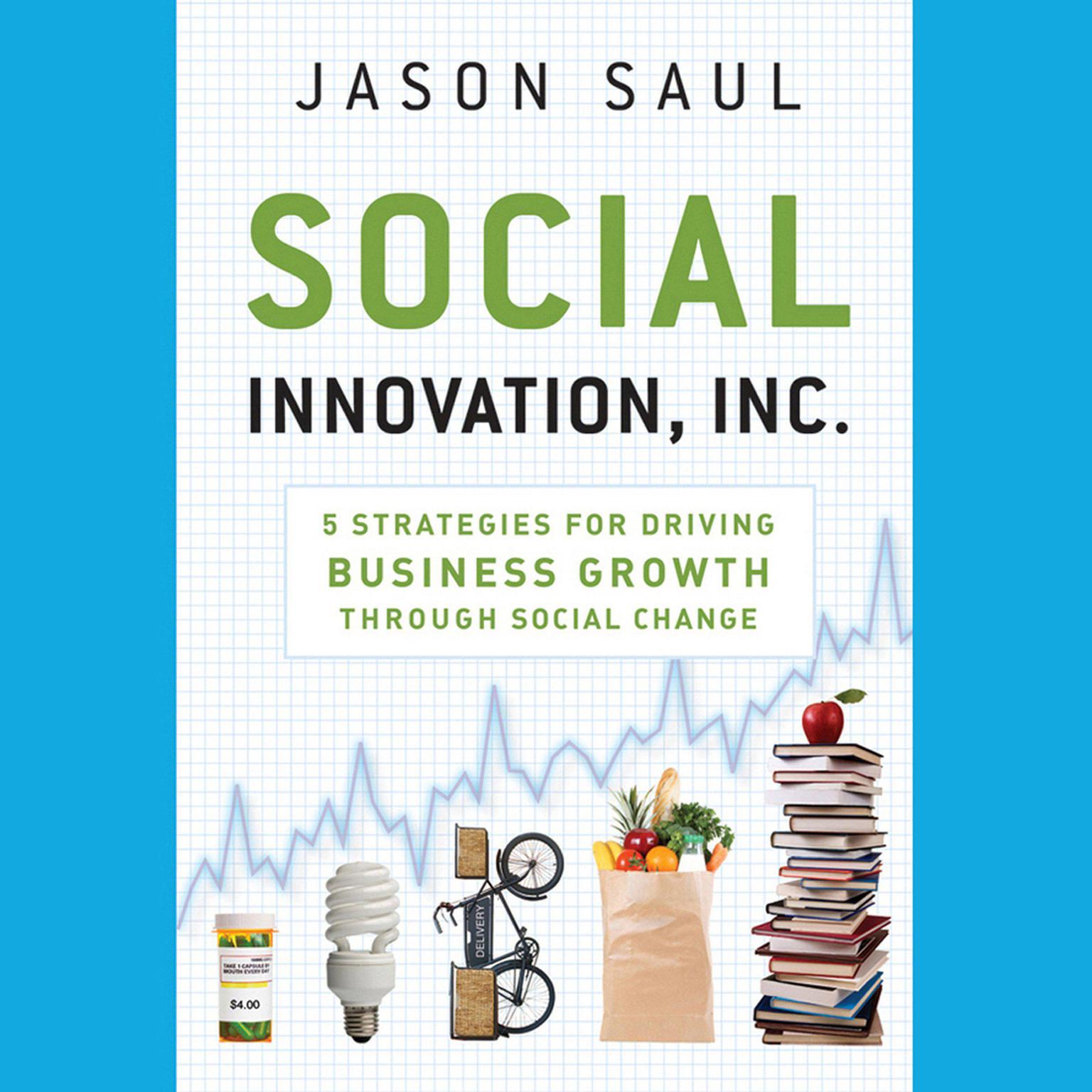 Play Audiobook Sample
Play Audiobook Sample
Social Innovation, Inc.: 5 Strategies for Driving Business Growth through Social Change Audiobook
 Play Audiobook Sample
Play Audiobook Sample
Quick Stats About this Audiobook
Total Audiobook Chapters:
Longest Chapter Length:
Shortest Chapter Length:
Average Chapter Length:
Audiobooks by this Author:
Publisher Description
Social Innovation, Inc. explodes the concept of social responsibility and empowers companies to take back control of the social agenda. These days, its ok not to be purely altruistic. Consumers purchase hybrid cars not to show solidarity for the environment, but primarily to protect their wallets. Donors can use websites like kiva.org to make micro-loans to poor entrepreneurs--and get their money back with interest. Even Wal-Mart, the worlds largest retailer, didnt see a dime of return on hundreds of millions it has spent on philanthropyuntil it implemented its $4 prescription drug program in 2006. Since its inception, the program has generated more than $2 billion in savings for Wal-Mart customers, particularly the uninsured and Medicare recipients. The business impact has been tremendous: the $4 drug program skyrocketed sales at Wal-Mart and Sams Club pharmacies and attracted scores of new customers who, but for the $4 program, would not have walked into a Wal-Mart. What made Wal-Marts program extraordinary is that it was designed as a business strategy. The initiative had a much greater impact on health care than any grant Wal-Mart could make, and more important, it was sustainable. To compete in this new economy, companies must find innovative ways to create economic value through positive social change. Social innovation is about making social change work for the business, not the other way around. Social innovations differ from traditional corporate philanthropy and social responsibility initiatives in four fundamental ways. Social innovations: 1) are primarily designed to produce business value; 2) leverage the machinery of the business to solve social problems; 3) are scalable and sustainable; and 4) often address market failures.
Download and start listening now!
Social Innovation, Inc. Listener Reviews
Be the first to write a review about this audiobook!


